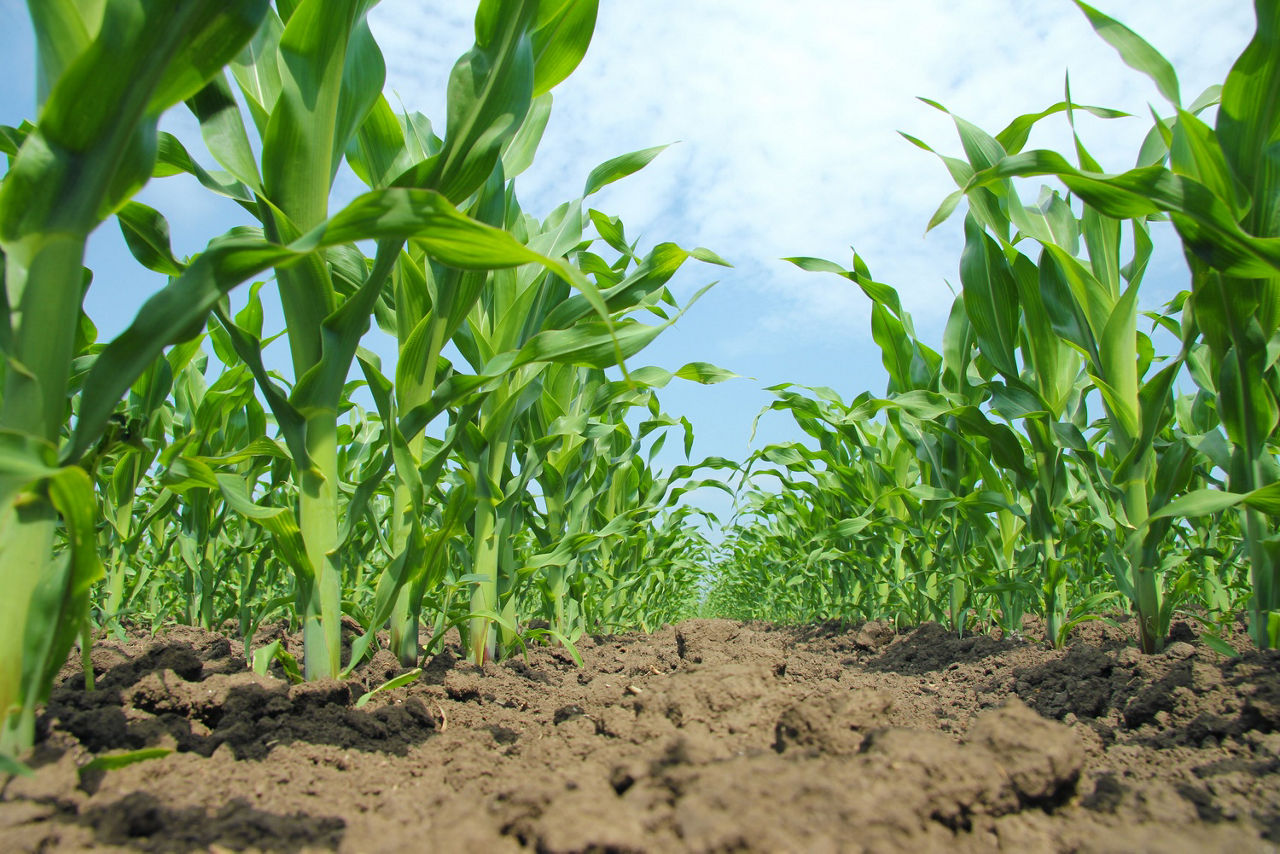-
Residue analysis of a large number and diverse range of compounds annually, with a reliable and efficient 24/7 analyte quantitation that enables a high throughput of >20,000 samples per year
-
Vast expertise in method development, GLP method validation and analyte quantitation to fulfil current and new regulatory requirements
-
Comprehensive facilities and high-specification equipment deliver robust and reliable data
The analysis of PPP residues in fruit and vegetable crops is vitally important for protecting animal and human health. Through knowledge of the identity, character and potential toxicity of parent compounds, degradation products or metabolites, regulators can set MRLs and guidance to minimize operator exposure.
Identifying and characterizing residues in line with regulatory requirements and timelines
Residue analysis is required for PPPs for many different regulatory assessments from establishing residues in crops to assessing risk to operators working with the products. This results in the need to generate high-quality data in a compliant, timely, cost-effective and robust manner across a wide range of studies. Navigating how to do that efficiently and in a strategic way can be challenging without the right insight and knowhow. Residue analysis studies are often performed towards the end of a PPP’s regulatory journey so with these tight timelines you need reliable data fast.
Meeting all your residue analysis testing requirements quickly and cost effectively
As your partner, let us deliver all aspects of residue analysis testing for your PPP demanded by regulators across the globe. A cross-functional team of experts with extensive experience in residue analysis work tirelessly deliver the outcomes you require from single studies or whole work packages. The residue analysis service supports the following:
- Crop residue studies
- Crop processing studies
- Field soil dissipation studies
- Soil accumulation studies
- Environmental fate support
- Ecotoxicology support
- Plant metabolism support
- Operator exposure studies
Facilities and staffing are designed to ensure a fast turnaround – most new method development projects are completed within 5 days.
Comprehensive facilities manned by an experienced dedicated residue analysis team
Our facilities include:
- Dedicated sample receipt and preparation area equipped to optimize sample preparation capacity and speed
- Dedicated sample extraction and clean-up facilities
- Mobile analytical support for sample preparation on operator exposure studies
- Large -20°C storage facility
Analytical method modernization and innovation tailored to your specific need
As well as standard techniques used for non-complex PPPs, our team routinely develop new analytical methods for active components and metabolites. This means leveraging insights from our extensive analytical experience, modifying existing analytical methods and utilizing the latest analytical techniques. Examples of innovation include:
- Development of new extraction procedures
- Small-scale extraction methods for substances with limited matrix availability e.g. pollen
- ‘Scaling down’ equipment and reagents to enhance cost-effectiveness
- Utilization of QuEChERS methods and other current techniques
Obviously, method validation is essential. Labcorp has the facilities to perform independent laboratory validation for new methods.
Leveraging high-specification equipment to delivery robust and reliably residue analysis data
With multiple instruments of varying specification available, we can flex our capacity to run samples 24/7 without sacrificing analysis quality. This optimizes sample throughput with >20,000 samples quantified each year and results provided to you in a timely manner. We have the full range of analytical equipment for active ingredient and metabolite quantitation, accuracy and reliability in line with GLP standards.


